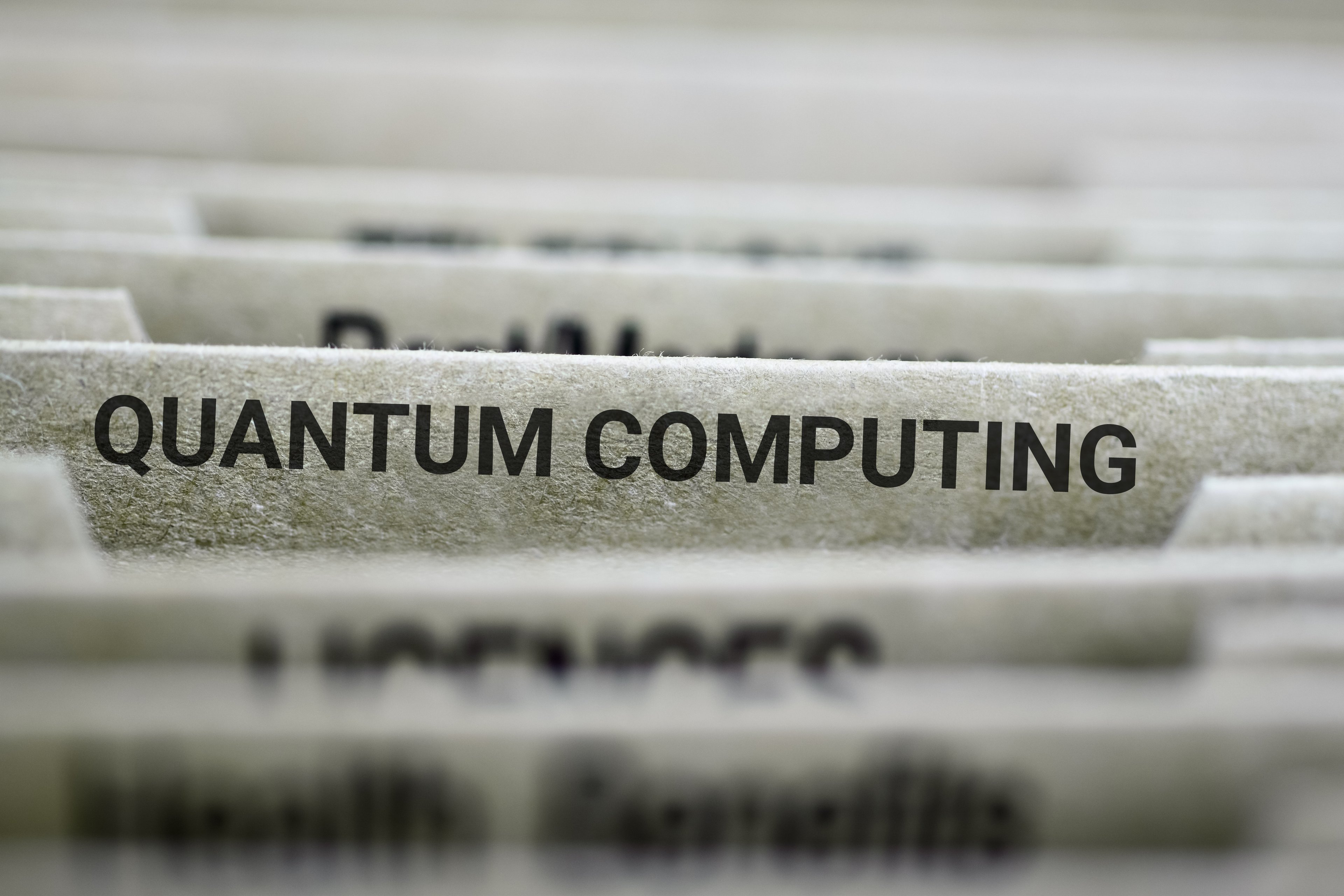Quantum Computing (QUBT 1.84%) stock pulled back over the last week of trading. The company's share price declined 3.8% in a stretch that saw the S&P 500's level decline 2% and the Nasdaq Composite's level fall 2.7%.
The stock had been down double digits compared to its level at the previous week's market close, but it saw a big rebound later in Friday's session. On the heels of recent volatility, Quantum Computing stock is now down approximately 38% across this year's trading.

Image source: Getty Images.
Quantum Computing stock sees another week of big swings
Quantum Computing stock was highly volatile over the last week of trading. The company's share price initially moved lower as the market became increasingly pessimistic about the probability that the Federal Reserve will cut interest rates at its December meeting.
The company's valuation also saw big swings as investors initially bought back into artificial intelligence (AI) stocks and other speculative growth plays following Nvidia's Q3 report -- only to adopt bearish reversal trading as concerns about an AI valuation bubble and interest rate policy drove sell-offs. Shareholders got some big relief in Friday's session as investors became more bullish on the prospect of a rate cut next month, but the quantum-computing specialist's share price still ended the week in the red.

NASDAQ: QUBT
Key Data Points
What's next for Quantum Computing?
Quantum Computing stock rebounded after sell-offs in Friday morning's trading thanks to investors betting it had become more likely that the Federal Reserve will cut interest rates when it meets in December. As of CME Group's most recent polling, analysts surveyed now see the likelihood of a December rate cut at roughly 69% -- up from an estimated average probability of 44% at the prior week's reading. While the Fed's next move on rates looks like the most important near-term catalyst for the stock, the company's progression with its quantum-computing technology stack continues to be the most important catalyst for long-term shareholders.








